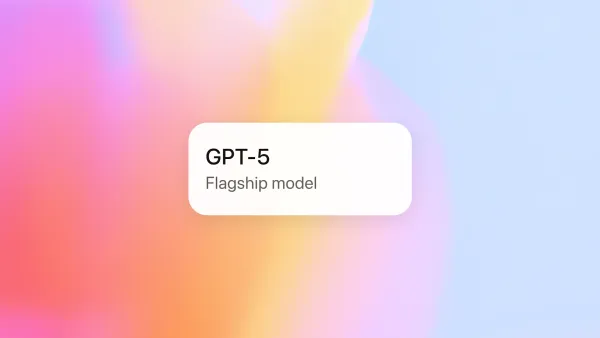While we're all accustomed to using powerful and convenient cloud-based AI services like ChatGPT and Gemini, today I want to talk about something a little different: running AI directly on your own computer. This is the world of Local LLMs (Large Language Models). And you don't need to be a developer. Thanks to some amazing new services, anyone can have their own private AI with just a few clicks.Why Should We Pay Attention to Local LLMs?What do local LLMs mean for the average user, not just developers?
- Complete Data Privacy: Every piece of information and every conversation you have never leaves your computer. This offers the highest level of security when handling sensitive data like medical records, legal consultations, or internal company documents.
- The Freedom of Offline Access: You can use your AI anytime, anywhere, even on a plane or in a location with an unstable internet connection. True "offline" work becomes a reality.
- Unlimited Use with No Extra Costs: Once installed on your PC, you can use it as much as you want without worrying about subscription fees or per-use charges.
- Freedom from Censorship and Full Control: You can experience an AI that is entirely under your control, unaffected by the policies or censorship standards of a specific corporation.
Leading Local LLM Management Tools for Beginners
Think of these services as an "App Store for AI models." They help you search for, download, and run various open-source models.
- LM Studio: One of the most popular and user-friendly tools available. Its intuitive interface allows you to easily search for the models you want and, crucially for beginners, see how much of your PC's memory (RAM) and graphics card memory (VRAM) will be needed to run it.
- Ollama: A favorite among developers, Ollama lets you install and run models with simple commands. It has recently become much more accessible to beginners through integrations with beautiful graphical user interface (GUI) tools like Open WebUI.
- Jan: An open-source desktop application that is built to work 100% offline. Its strengths lie in its clean design and ease of use, making it a great alternative for users who prioritize privacy above all else.
Limitations vs. Cloud AI: What You Need to Know
Of course, local LLMs are not a silver bullet. They have clear limitations compared to their cloud-based counterparts.
- The Hardware Barrier: To run a local LLM smoothly, you need a sufficient amount of RAM and, more importantly, VRAM in your graphics card (GPU) for fast processing. A GPU with at least 8GB of VRAM is generally recommended. The lower your hardware specs, the slower the response time.
- Difference in Model Performance: The latest cloud models like GPT-4 or Gemini 1.5 Pro are colossal, with trillions of parameters. The models you run on a local PC are typically much smaller, in the range of billions of parameters. This can result in a noticeable difference in reasoning ability and creativity.
- Lack of Real-time Information Access: A local LLM's knowledge is frozen at the time it was trained. Unlike ChatGPT, it cannot perform real-time web searches to provide the latest information.
Local LLMs are not meant to replace cloud AI, but rather to complement it by offering new values: 'data sovereignty' and 'absolute privacy'. For professionals, creators handling sensitive information, and anyone who wants to maintain full control over their data in the digital world, a local LLM can be a powerful and trustworthy tool. Isn't it exciting how the advancement of technology is giving us more choices and control?











